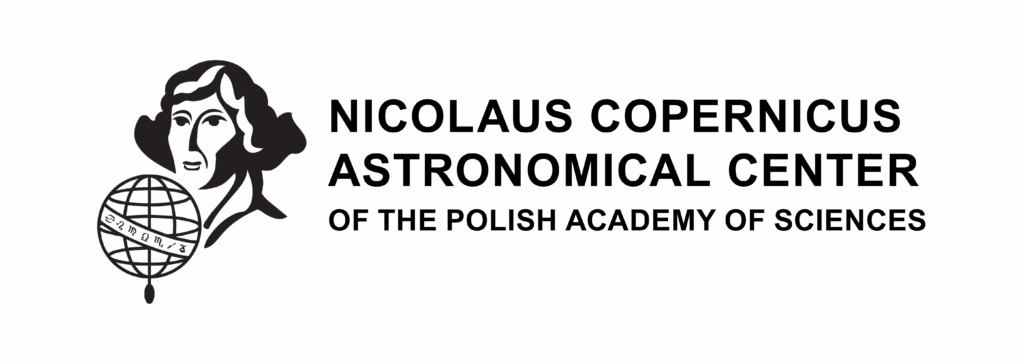Seismic Sensors group activity
The seismic sensors group (led by Prof. Tomasz Bulik) activities revolve mainly around the gravitational waves theme of the Astrocent project. A detection of gravitational waves in 2015 was a great achievement and led to the opening of gravitational wave astronomy. The advancement of this new branch of particle astrophysics hinges on development and improvement of detectors. The quality of the data is related to monitoring and compensating for a variety of sources of noise. The seismic noise, apart from shaking the test masses in the interferometers, is also a source of the Newtonian – or gravity gradient – noise. This type of noise is due to fluctuations of the local gravity by seismic or sound waves in the medium surrounding the detector.






